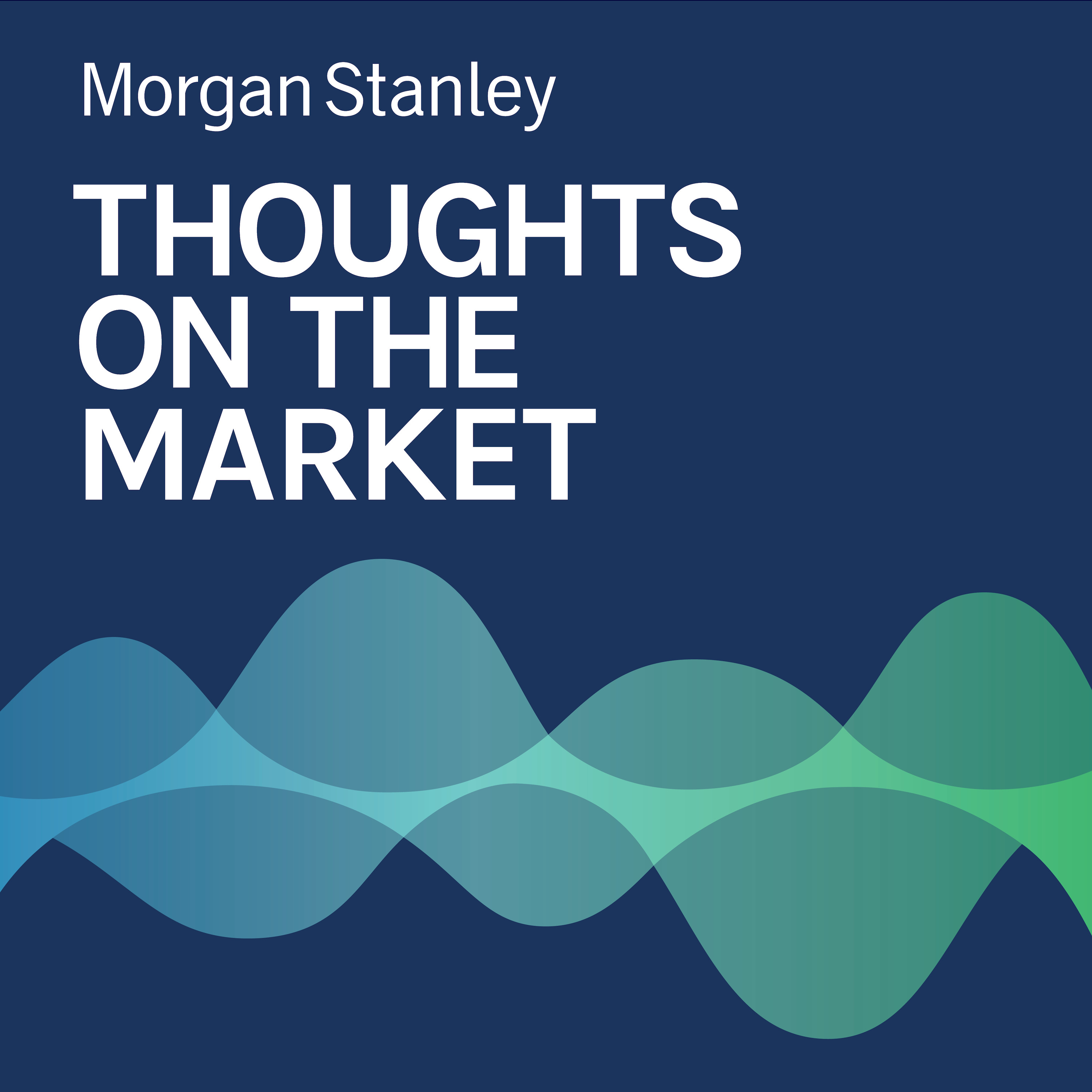Mike Wilson: Are Recession Risks Priced in?

b"
As the Fed continues to surprise with large and fast interest rate increases, the market must decide, has the Fed done enough? Or is the recession already here?
-----Transcript-----
Welcome to Thoughts on the Market. I'm Mike Wilson, Chief Investment Officer and Chief U.S. Equity Strategist for Morgan Stanley. Along with my colleagues bringing you a variety of perspectives, I'll be talking about the latest trends in the financial marketplace. It's Monday, August 1st at 11 a.m. in New York. So let's get after it.
Over the past year, the Fed has come under scrutiny for their outlook on inflation, and they've even admitted themselves that they misjudged the call when they claimed inflation would be transient. In an effort to regain its credibility, the Fed has swiftly pivoted to its most hawkish policy action since the 1980s. In fact, while we may have been the most hawkish equity strategists on the street at the beginning of the year, we never expected to see this many rate hikes in 2022. Suffice it to say, it hasn't gone unnoticed by markets with both stocks and bonds off to their worst start in many decades.
However, since peaking in June, 10 year Treasuries have had one of their largest rallies in history, with the yield curve inverting by as much as 33 basis points. Perhaps more importantly, market based five year inflation expectations have plunged and now sit very close to the Fed's long term target of 2%. Objectively speaking, it appears as though the bond market has quickly turned into a believer that the Fed will get inflation under control.
This kind of action from the Fed is bullish for bonds, and one of the main reasons we turned bullish on bonds relative to stocks back in April. Since then, bonds have done better than stocks, even though it's been a flat ride in absolute terms. It also explains why defensively oriented stocks have dominated the leadership board and why we are sticking with it.
Meanwhile, stocks have rallied with bonds and are up almost 14% from the June lows. The interpretation here is that the Fed has inflation tamed, and could soon pause its rate hikes, which is usually a good sign for stocks.
However, in this particular cycle, we think the time between the last rate hike and the recession will be shorter, and perhaps after the recession starts. In technical terms, a recession has already begun with last week's second quarter GDP release. However, we don't think a true recession can be declared unless the unemployment rate rises by at least a few percentage points. Given the deterioration in profit margins and forward earnings estimates, we think that risk has risen considerably as we are seeing many hiring freezes and even layoffs in certain parts of the economy. This has been most acute in industries affected by higher costs and interest rates and where there's payback in demand from the binge in consumption during the lockdowns.
In our conversations with clients over the past few weeks, we've been surprised at how many think a recession was fully priced in June. While talk of recession was rampant during that sell off, and valuations reached our target price earnings ratio of 15.4x, we do not think it properly discounted the earnings damage that will entail if we are actually in a recession right now. As we have noted in that outcome, the earnings revisions which have begun this quarter are likely far from finished in both time or level. Our estimate for S&P 500 earnings going forward in a recession scenario is $195, which is likely to be reached by the first quarter of 2023. Of course, we could still avoid a recession defined as a negative labor cycle, or it might come later next year, which means the Fed pause can happen prior to the arrival of a recession allowing for that bullish window to expand. We remain open minded to any outcome, but our analysis suggests betting on the latter two outcomes is a risky one, especially after the recent rally.
The bottom line, last month's rally in stocks was powerful and has investors excited that the bear market is over and looking forward to better times. However, we think it's premature to sound the all-clear with recession and therefore earnings risk is still elevated. For these reasons, we stayed defensively oriented in our equity positioning for now and remain patient with any incremental allocations to stocks.
Thanks for listening. If you enjoy Thoughts on the Market, please take a moment to rate and review us on the Apple Podcasts app. It helps more people to find the show.
"